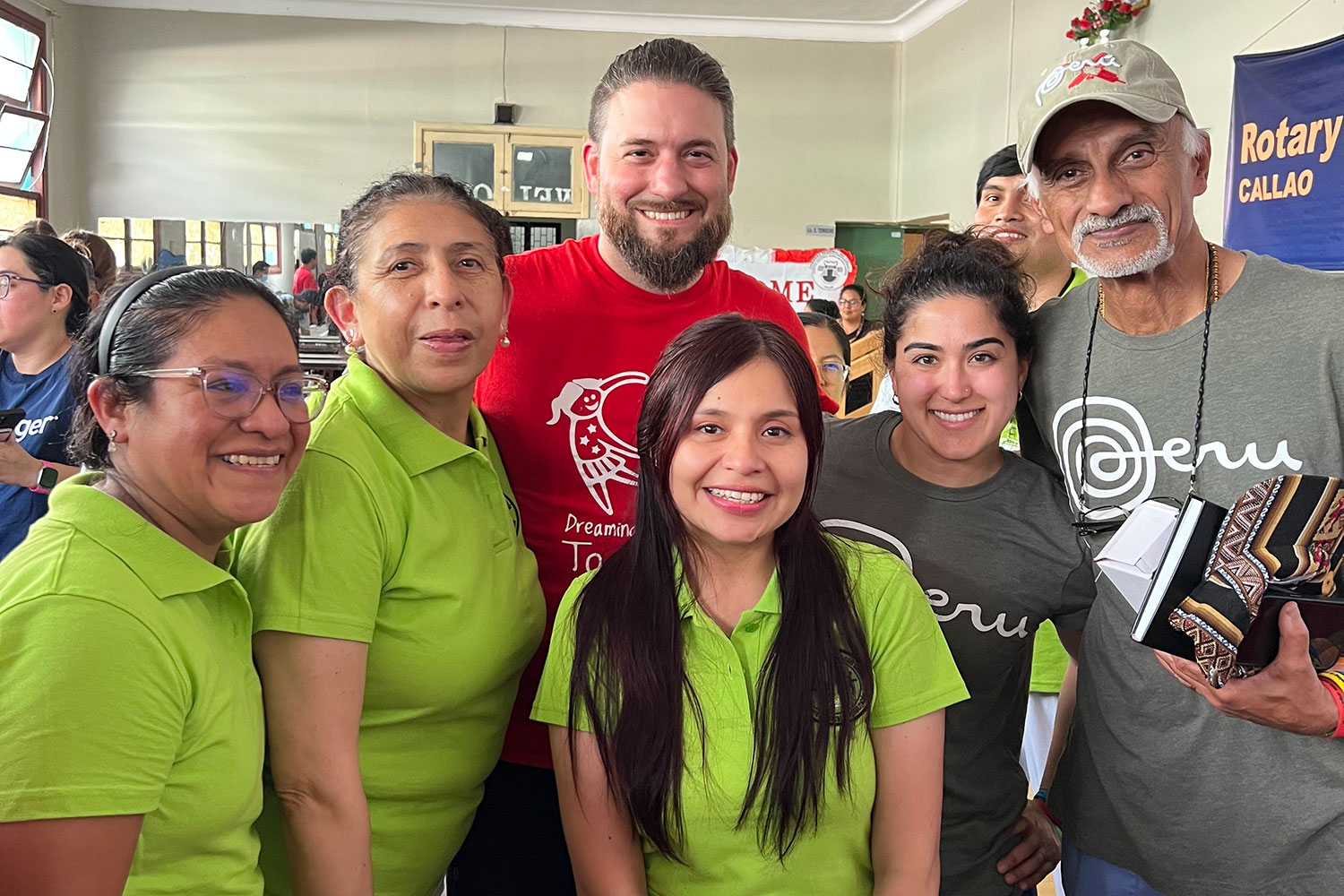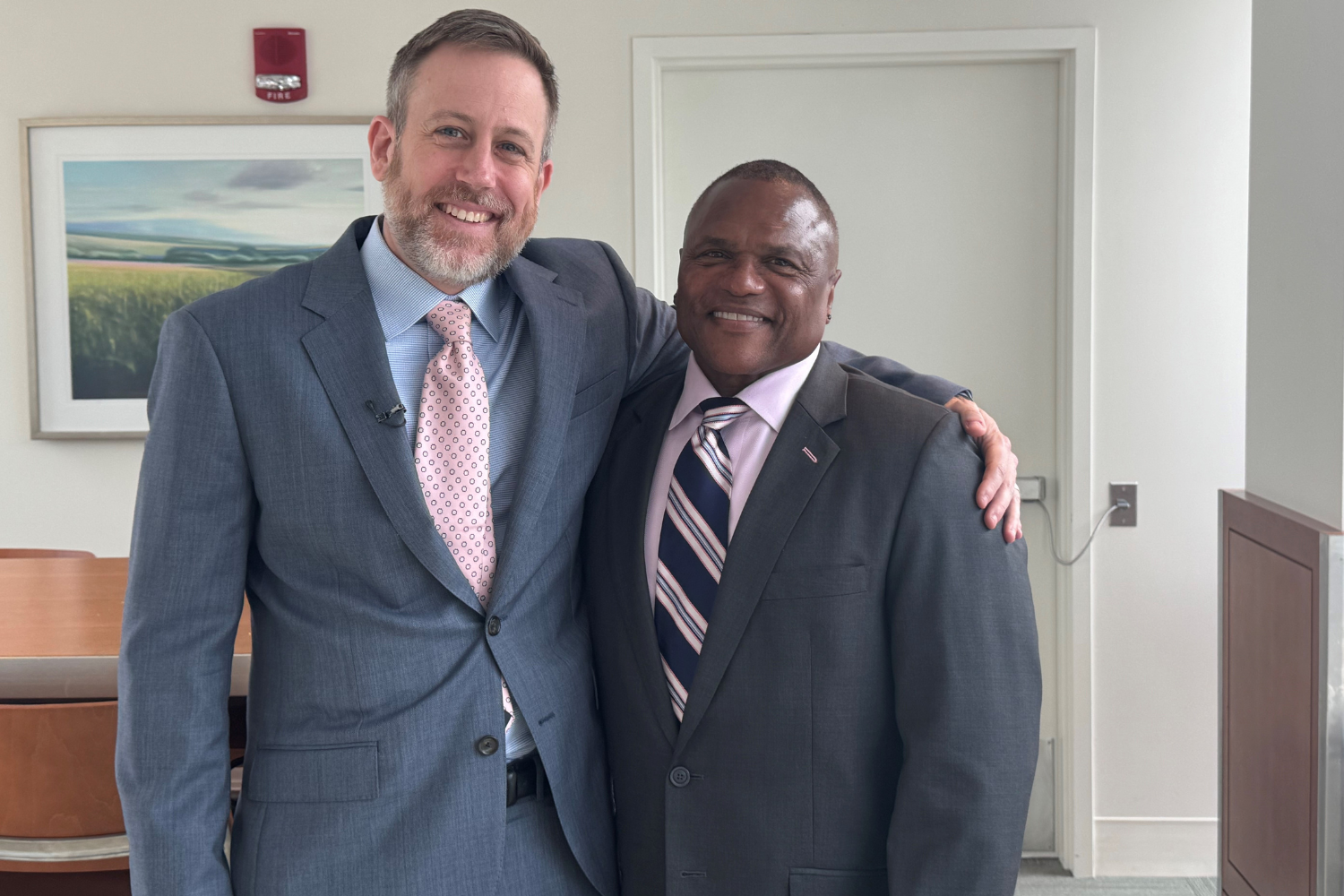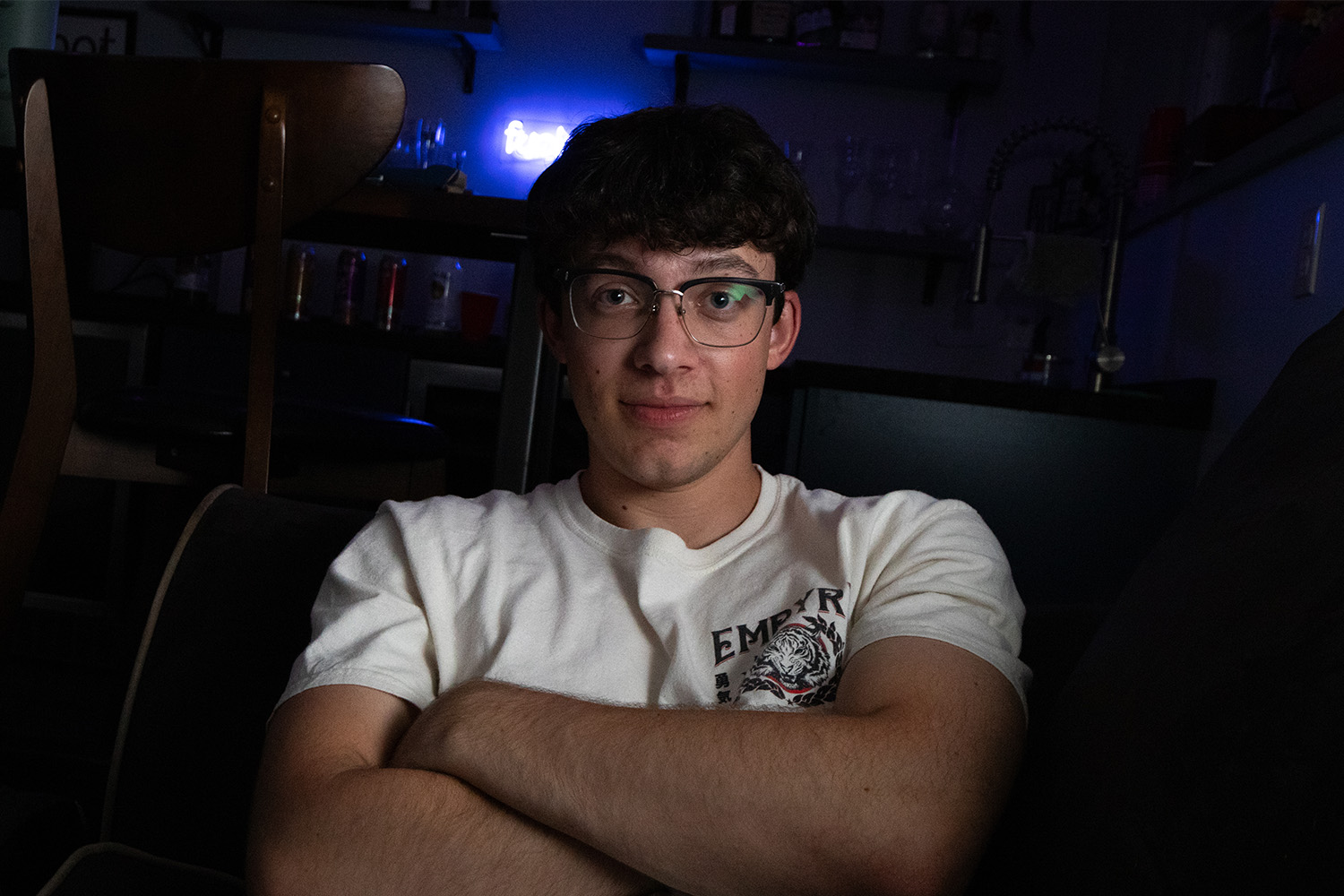Oral Fluid Dynamics, LLC (OFD) is a technology startup working to improve the lives of millions of people suffering from a debilitating condition, chronic dry mouth.
With its breakthrough approach using a specialized dental implant device that will function as an artificial salivary gland, OFD seeks to change the standard of medical care for dry mouth patients for whom no cure or effective treatment is currently available.
Based on technology from UConn Health researchers, OFD recently was awarded a $225,000 grant from the National Institutes of Health. The grant, issued under the highly competitive Small Business Technology Transfer (STTR) program, will fund critical prototype development and laboratory testing.
The company is currently located at UConn’s Technology Incubation Program at UConn Health in Farmington.
“UConn is committed to supporting faculty inventors like these who are successfully transforming academic research into a solution for millions of patients around the world,” says Radenka Maric, vice president for research at UConn and UConn Health. “This is one of the key ways a research powerhouse like UConn can help Connecticut’s citizens, as well as our state economy.”
Once fully developed, Oral Fluid Dynamic’s technology will be implanted in the jaw to provide a consistent stream of saliva replacement fluid. The device is triggered through contact with the patients’ teeth and/or chewing motions. The artificial gland treats the fluid that surrounds cells and bone marrow fluid, pumping it into the mouth and serving as an effective means of remedying saliva deficiency. The device harvests these internal fluids and adjusts their chemical makeup so that they resemble naturally created saliva.
“Oral Fluid Dynamic’s implant-based approach will be a unique solution for patients with chronic dry mouth due to side effects of prescription drugs, radiation therapy, or Sjögren’s syndrome,” says Mostafa Analoui, executive director of venture development and the Technology Incubation Program at UConn.
Chronic dry mouth, also known as xerostomia, is considered a medical problem, which can cause oral discomfort and pain, difficulty chewing, swallowing and speaking, as well as tooth decay. Other saliva substitutes and topical therapies currently on the market, like toothpastes and mouth washes, have not proved to be effective for providing relief to those who suffer from dry mouth.
“This isn’t just a question of discomfort,” said co-inventor Dr. J. Robert Kelly in 2016, a seasoned inventor who holds nearly a dozen patents and counting. “Along with symptoms like frequent thirst, bad breath, and sticky mouth, chronic xerostomia can also result in rapid tooth decay, fungal infections, and problems eating and speaking due to insufficient saliva production. We expect our product will drastically improve quality of life for patients suffering from this condition.”
Kelly’s efforts to commercialize the technology have been supported by several UConn programs and offices. Technology commercialization experts housed in the Office of the Vice President for Research have conducted market evaluations and supported patenting efforts. Kelly and the Oral Fluid Dynamics team have also taken advantage of several entrepreneurship programs and funding opportunities, including UConn’s SPARK Technology Commercialization Fund and the University’s National Science Foundation Site, Accelerate UConn. Both of these programs help researchers realize the commercial potential of their inventions through funding and/or educational programming.
In January 2018 the U.S. Patent and Trademark Office issued a patent to OFD for its proprietary design technology. OFD has foreign patent applications pending in Europe, Asia, Australia, South Africa, and parts of South America.
Earlier in the year, OFD received a $15,000 research grant from the Sjögren’s Syndrome Foundation in Washington, DC. In addition to providing valuable financial resources, these grants provide important validation of OFD’s work.
Just over a year ago, OFD added an important member to its team, Donald Gershman, who serves as the company’s chief executive officer. An attorney and businessman, Don has played a vital role in addressing the business and financial needs of the company, adding immeasurably to OFD’s ability to obtain grant funding and develop positive relations with potential investors.
In addition, last year OFD hired an engineer on a part-time basis, Eric Kolb, who has extensive expertise in medical device development as well as experience with small business grant applications to both the NIH and NSF. Eric is working to refine OFD’s product prototypes, address design challenges and potential manufacturing issues.
For more information, contact oralfluiddynamics@gmail.com.



